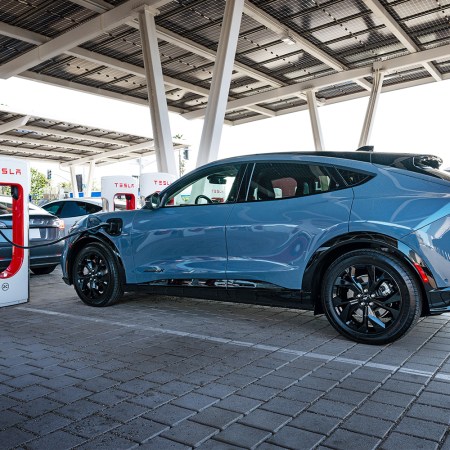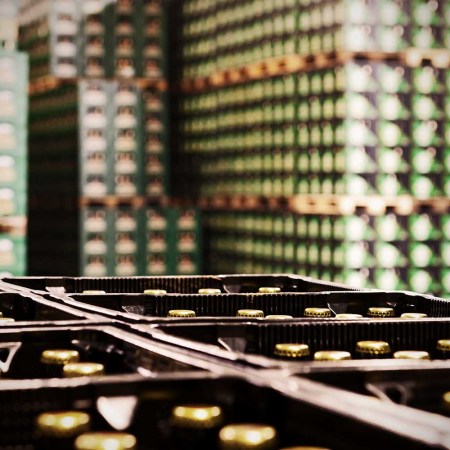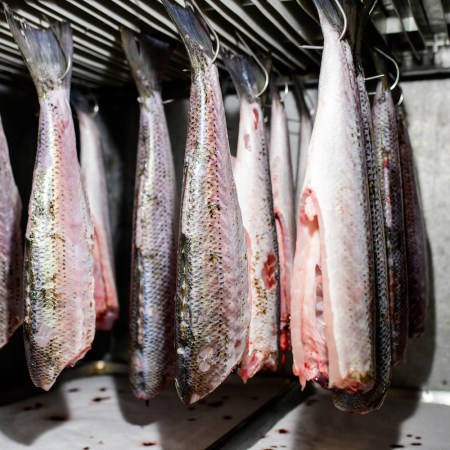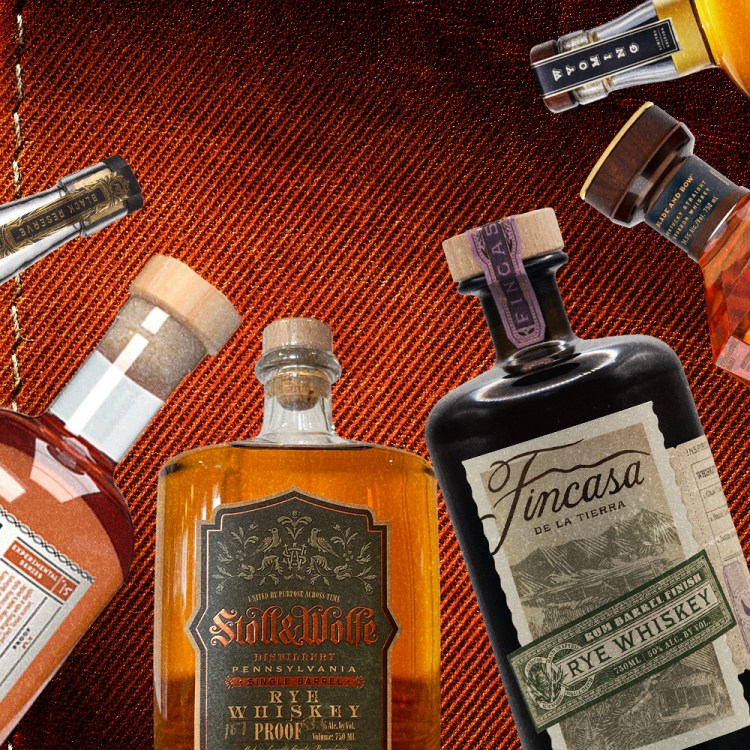Buying and selling food has turned into an increasingly international operation. Some of that has to do with supply and demand: if diners in Japan have a fondness for fish caught in the North Atlantic, you’re going to have to come up with a way to transport those fish halfway across the world. That isn’t just the case for speciality foods, either: in 2018, the New York Times reported that over half of the fruits sold in the U.S. were grown overseas.
That brings us to the question of tariffs, and how they might complicate matters. It’s worth noting from the outset that the Trump administration’s tariffs aren’t the first time culinary professionals and homecooks have had to reckon with these types of policies. A Serious Eats article from 2018 examined the economics surrounding coffee — including the tariffs that different countries levy on beans grown overseas.
The tariffs imposed (and then paused) this year have had a significant impact already. Earlier this month, Eater’s Jaya Saxena and Bettina Makalintal reported on the tariffs’ impact on businesses that deal with imported foods, pointing out along the way that certain foods are simply not grown in the U.S. It’s left some business owners in a state of limbo, attempting to predict where things might be months from now, with existential stakes on the line.
“[B]ecause of all the instability from the economic policy, the eroding trust for America with our partner farmers, with everyone all the way down the line, we’re having a really hard time being able to figure out what December is going to look like,” Ori Zohar of spice company Burlap & Barrel told Eater.
Even without tariffs to worry about, some culinary professionals are facing other issues connected to them. The New York Times‘ Pete Wells explored the larger ramifications of tariffs on the domestic restaurant industry, including industry associations exploring alternatives to existing supply chains. As Wells points out, restaurants aren’t exactly known for sizable profit margins at the best of times, ratcheting up the tension many are feeling even more.
Tariffs Prompt Pause in Jaguar Land Rover Shipments to US
Will they be the first of several automakers to do so?Shortly after Election Day last year, Rancho Gordo’s Steve Sando took to the company’s Threads account to discuss the effects of tariffs on the beloved bean company. “We are an unusual company in that we have mostly California production, but we do import. On some of these imports, we work on very slim margins,” Sando wrote. “In Mexico, imports are allowing men to work in villages where they are from instead of coming here. We’re not a major player but there are lives that are going to be affected,” he added in a follow-up post.
Earlier this month, Sando returned to social media with a more terse prediction. “I want to be crystal clear about tariffs,” he wrote. “The consumer will pay for them. If we get hit, we will 100% be passing this on, as will most industries.” Unfortunately, we might not have to wait long to see what that looks like in practice, in the food world and elsewhere.
Every Thursday, our resident experts see to it that you’re up to date on the latest from the world of drinks. Trend reports, bottle reviews, cocktail recipes and more. Sign up for THE SPILL now.



















